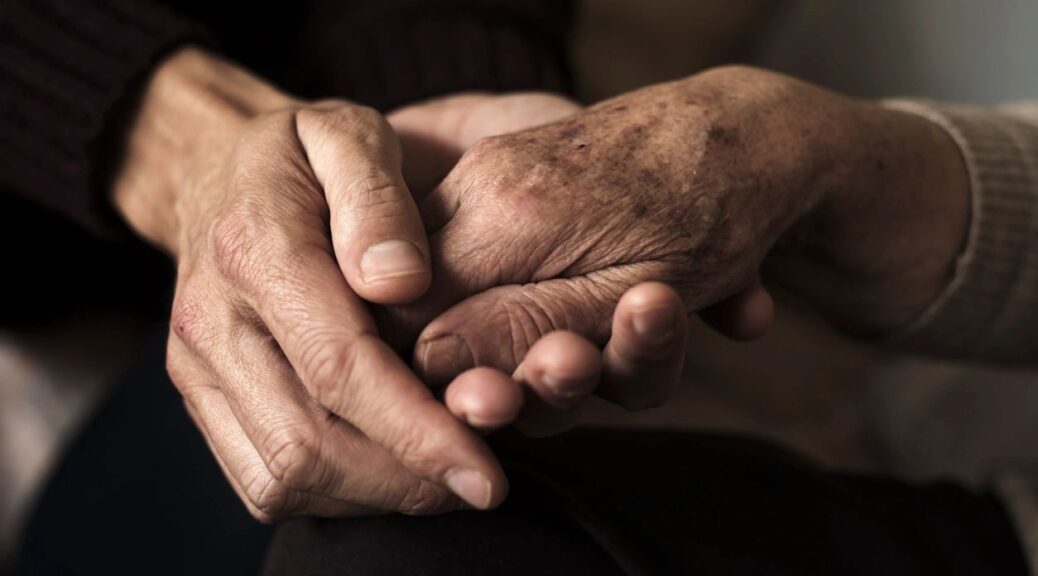
Promoting Health Equity for Diverse Populations During a Pandemic
Dr. Susan Loeb, PhD, RN, FGSA, FAAN, from the Pennsylvania State University College of Nursing and College of Medicine – and an active Klein Buendel research collaborator – presented on promoting health equity during the COVID-19 pandemic at 34th Annual Scientific Session of the Eastern Nursing Research Society on March 31 through April 1, 2022 in Providence, Rhode Island. The theme of the conference was “Charting the Path of Diversity, Equity, and Inclusion Through Nursing Science.”
The interruption of face-to-face human subjects’ research by universities and correctional institutions due to the COVID-19 pandemic has necessitated researchers to adopt alternative approaches for proceeding with their work. Adaptations and strategies that the research team employed to keep their study progressing forward in meaningful ways despite a protracted public health emergency were presented. A study focusing on the research and development of highly interactive e-learning modules to prepare incarcerated people to assist corrections staff in caring for people are older and/or approaching the end of life in prison served as an exemplar for the presentation. The study – the Inmates Care Project – is an STTR grant awarded to Klein Buendel by the National Institute on Aging (AG057239; Dr. Susan Loeb and Dr. Barbara Walkosz, Multiple Principal Investigators).
The theoretical framework for the study is the Institute for Healthcare Improvement’s Framework for Going to Full Scale. Identification of barriers and facilitators, re-envisioning how the team would restructure their day-to-day work, and preparing for the future are just a few of the essential steps that were taken. Examples of daily restructuring included a) approach to weekly team meetings; b) data collection protocols; c) advisory board meetings; and d) opportunities for networking and community building.
Key lessons learned through this experience included the a) importance of taking stock and seizing the opportunity to make investments in team member development; b) writing protocols that detail both in-person and virtual options for data collection to allow the team to pivot quickly when the next challenge arises; and c) reaching out to brainstorm with funding agency program officers, Institutional Review Board analysts, advisory board members, and other researchers from beyond your team.
Well-thought-out adaptations that are approved by funding agencies, offices of research protections, and other stakeholders in the research can result in scientifically sound, public health safe, and pragmatic approaches for moving ahead to remain research-productive, despite public health challenges. Taken together, these approaches can maintain study progress, and scientific integrity, as well as identify alternate ways to achieve study aims in a timeline necessarily relaxed, but as close as possible to the original plan.
Co-authors on the presentation and top poster included Dr. Erin Kitt-Lewis, Sherif Olanrewaju, and Leigh Casey from Penn State University; Dr. Valerie Myers and Savanna Olivas formerly from Klein Buendel; Jeannyfer Reither from Klein Buendel; and Katherine Aiken from the Penn State College of Health and Human Development.